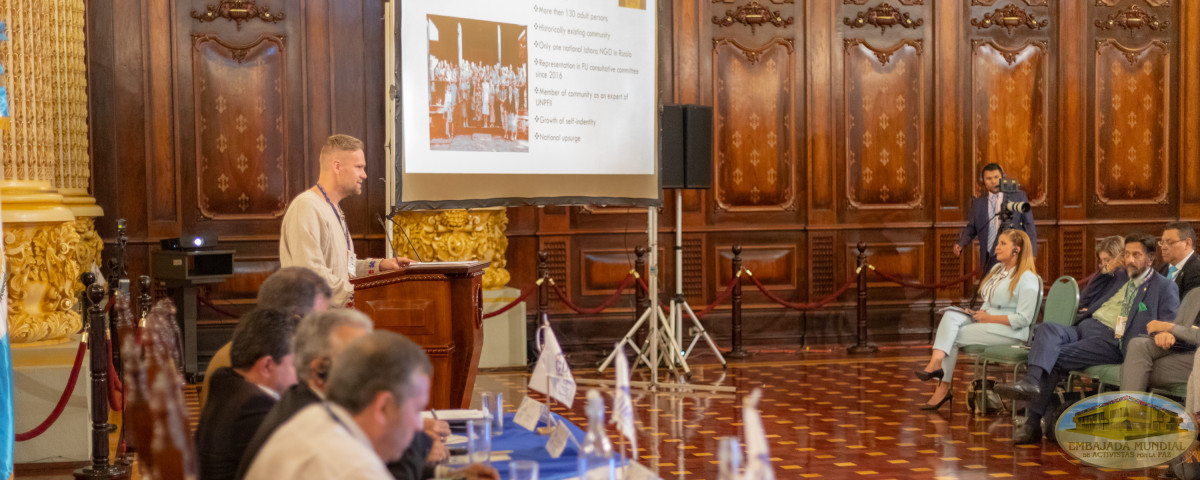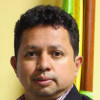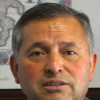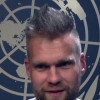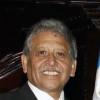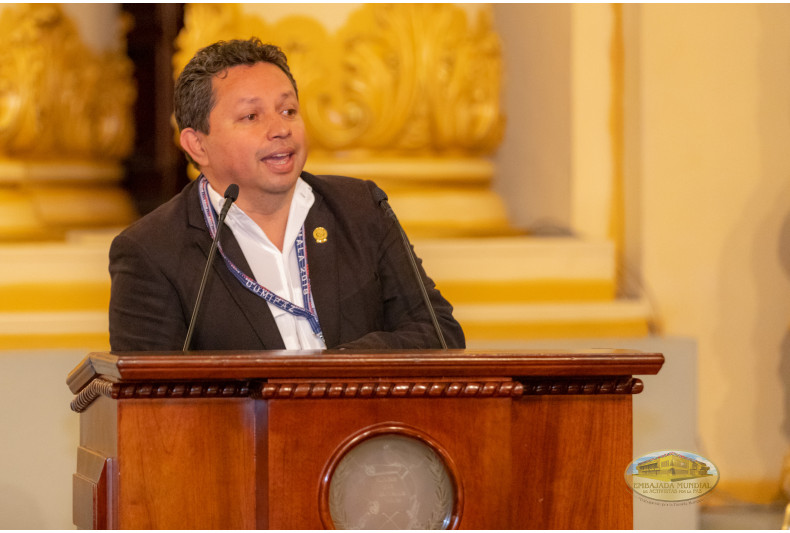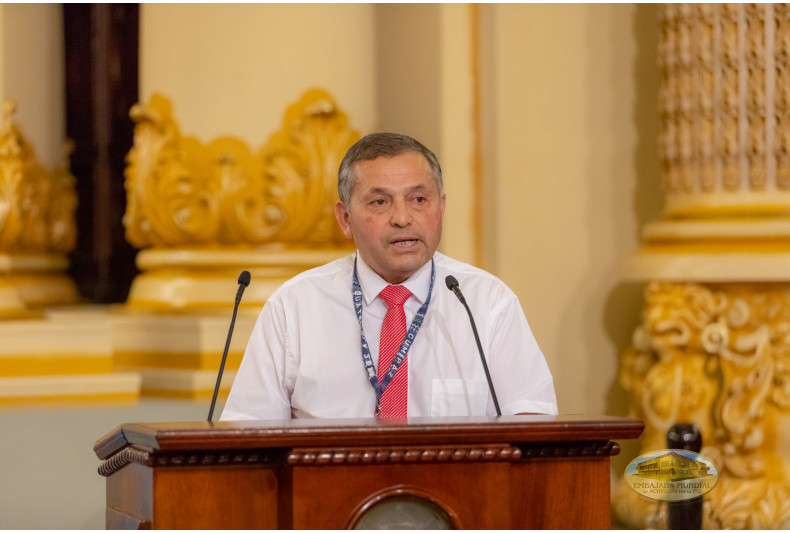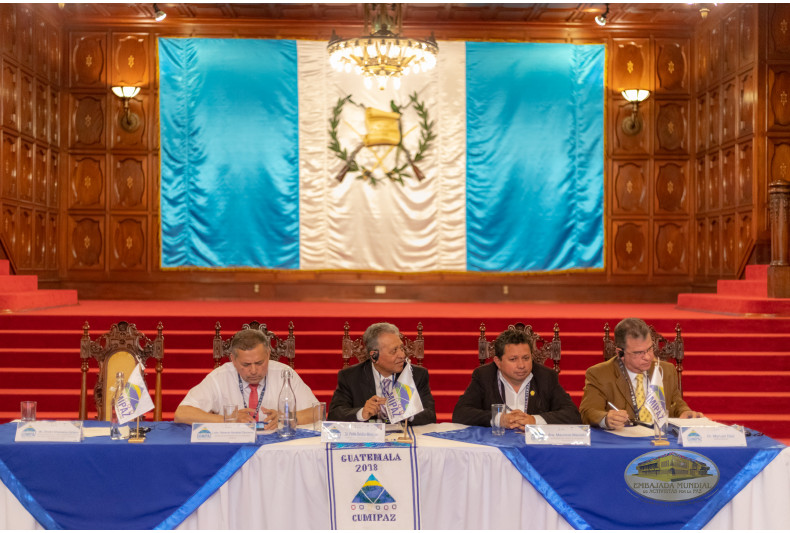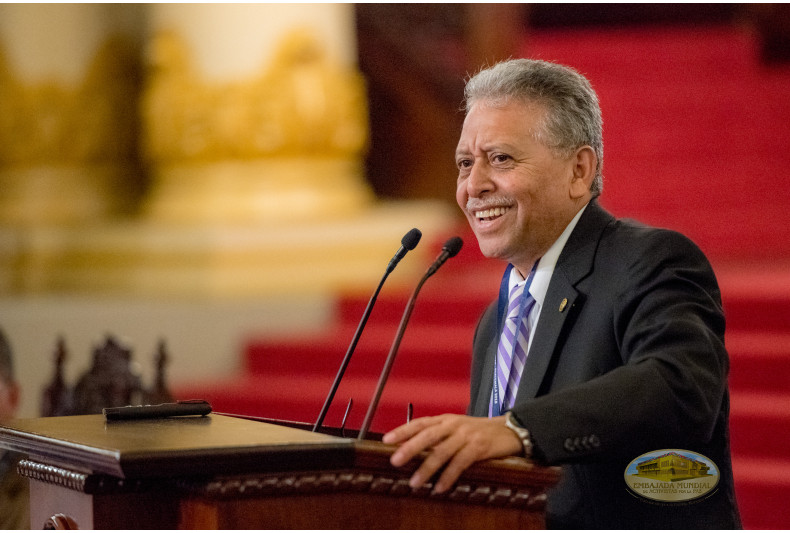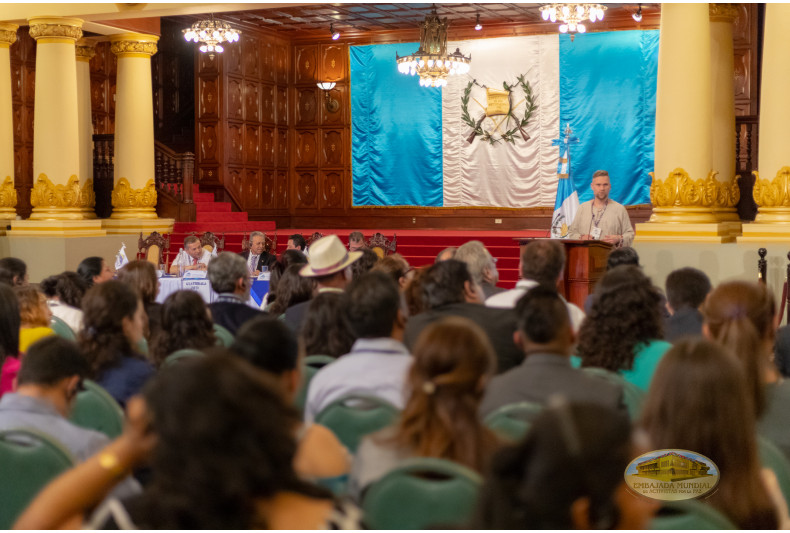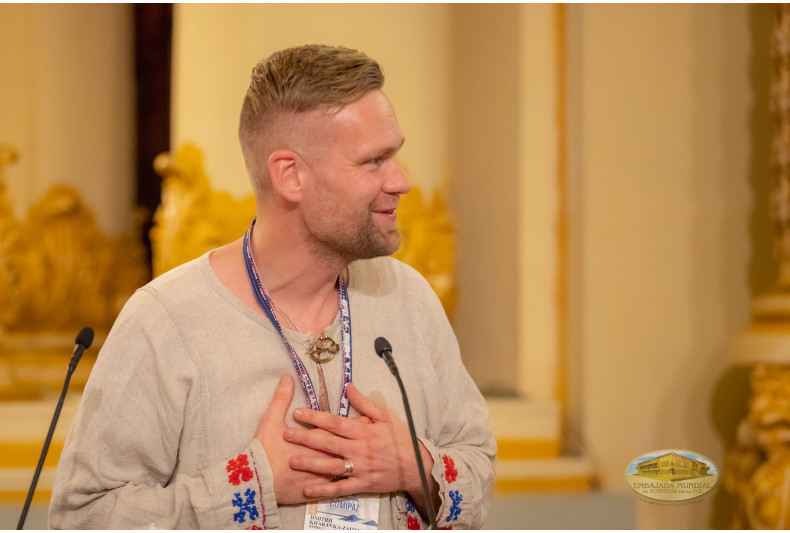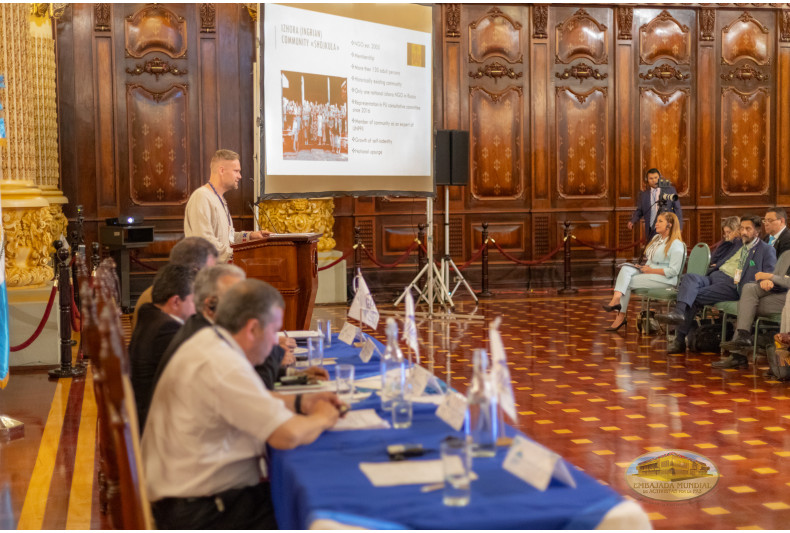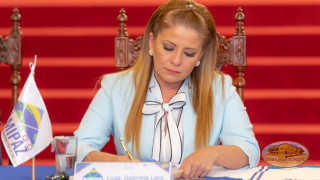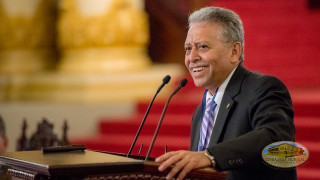Global Embassy of Activists for Peacehttps://embajadamundialdeactivistasporlapaz.com/sites/all/themes/emap_theme/logo.png
Global Embassy of Activists for Peace
CUMIPAZ 2018: Sustainable cities, present and future of humanity
See GalleryCases of focus on sustainable development in Guatemala, Chile and Russia
Different cases and experiences of sustainable management of natural ecosystems and practices for the care and preservation of Mother Earth, were presented at the 2018 Peace Integration Summit, CUMIPAZ.
Environmental authorities, indigenous leaders, researchers, scientists and health professionals, reflected on the theme: Sustainable cities, present and future of humanity.
The emblematic National Palace of Culture of Guatemala City brought together representatives from different countries of Latin America, the United States, Spain and the Russian Federation, for the development of the Session: Science for the preservation of the life of Mother Earth and of the human being.
The elimination of plastic elements, the processing of solid waste, the defense of natural resources and indigenous territories were part of the cases presented.
Pioneers eliminating single-use of plastic
Mauricio Méndez, mayor of San Pedro La Laguna, Guatemala, spoke about his experience in waste management, indicating that this municipality is a pioneer in eliminating the single use of plastic such as plastic bags and straws.
"We started this because of the need to safeguard the last resource on the planet; And who is the last resource on the planet? It's you, it's me, we have the responsibility to save the last resource of the planet," he said.
Méndez mentioned that the care and preservation of Lake Atitlan is among the commitments of the municipality, an important water resource of the country. He commented that the environmental education and recycling is among the actions carried out in the municipality.
On the other hand, the municipality of San Pedro La Laguna has reduced the carbon footprint by 50%, by changing all street lights to LED, explained the mayor. He indicated that they are working on a social project that consists in changing the luminaire unit to each one of the houses.
"This is something complete, it is something that comes from the environmental part, from the social part, but especially from the cultural part; the cultural part is rooted because we breast-feed it from our mother's breast, because as Mayan speakers and indigenous people, we believe that we can live as our grandparents lived, "he concluded.
90% of garbage is processed
From Chile, Roberto Recabal, mayor of Ciudad Villa O'Higgins, assured that it is possible to live in a responsible way protecting the environment, and as a sample he indicated that the community processes 90% of the solid waste it produces.
He mentioned that the main objective is to take care of Lake O'Higgins, the deepest in America, which is home to a surface of Southern ice fields, the third most important reserve of fresh water in the world.
"The loss of ice has advanced 30 years, so today we are losing important reserves of fresh water, vital for human development, the flora and fauna of the planet ... Our O'higgins Glacier has retreated more than 10 kilometers in a few years ", He stressed.
The mayor stressed that they have designed public policies, taking all measures of protection, and that both children and seniors contribute to the cleaning and conservation of natural resources.
Izhora fights for sustainability in Russia
Dmitrii Kharakka-Zaitsev, a member of the Izhora "Shojkula" indigenous community of Russia, representative of the Permanent Forum of the United Nations on Indigenous Peoples, set a precedent by ensuring that for the first time a person of his nationality appears in Central America for a similar event.
Dmitrii's exhibition was based on the condition and vision of the Izhora community, which has an established ecological system. This indigenous community develops fish and plantation as the main economic activity.
He commented that currently they are dedicating their efforts to the struggle for sustainable development, the protection of their territories and the preservation of their cultural identity; He mentioned that they are defending their position against an industrialization project of the Government, which affects the territories of the community and its natural resources, among other points, the blocking of some areas, which hinders access to drinking water.
"We need to preserve our culture, food, our natural resources, our access to the forest because it is part of our integral life ... our people are taking steps to forward to be integrated into international discussions on sustainable development, " he said.
Reflection and awareness of environmental crisis
The president of the Commission of Education, Science and Technology of the Congress of Guatemala, Félix Ovidio, spoke about the country's efforts to protect natural resources and reduce pollution that affects important water reserves such as Lake Atitlán, among other consequences.
"The planet is not dying, the planet is being killed, and we humans are killing it," he said.
Ovidio indicated that the State has already passed laws such as Decree 489 Protected Areas Law, noting that almost 33% of the country is a protected area but that these laws are not respected, and a large number of people live in these places and do not make sustainable use from them.
He also spoke about a waste management law that requires all municipalities to build adequate treatment plants to make use of the residual waste.
"Plastic bags were invented in the 60s, that is, plastic containers are only 70-80 years old, in 80 years we have destroyed the planet in an impressive way," he said.
Félix Ovidio, in his capacity as president of the national body, made a call for reflection and awareness to those present about the local and global environmental crisis and urged to support the necessary measures in favor of protecting the environment.
